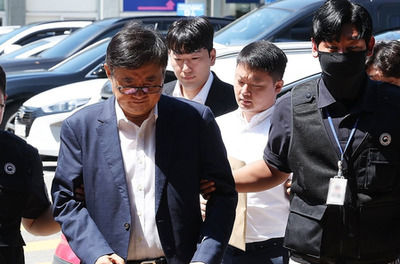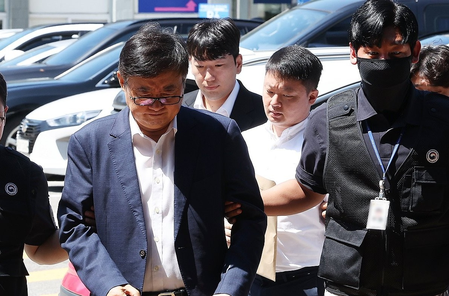

Seoul, Sep 23 (IANS) The chief executive of lithium battery maker Aricell was sentenced to 15 years in prison on Tuesday over a deadly fire at the company's plant last year that claimed nearly two dozen lives.
The Suwon District Court handed the sentence to Aricell CEO Park Soon-kwan indicted on charges of violating the Serious Accidents Punishment Act and the Occupational Safety and Health Act among others, reports Yonhap news agency.
It marked the heaviest sentence since the enforcement of the Serious Accidents Punishment Act in 2022, which punishes owners or CEOs of companies with at least one year in prison or fines of up to 1 billion won ($717,000) for fatal industrial accidents.
In June last year, the blaze at the plant killed 23 workers, including 18 foreigners, and injured eight others.
Prosecutors had earlier sought a 20-year term against Park, arguing that Aricell executives made changes to the plant that made it difficult for workers to escape the blaze, such as installing a false wall in an evacuation route.
"Park Soon-kwan is found to have violated his duty to ensure safety and health by failing to safely maintain evacuation exits and routes," the court said. "The causal relationship between this and the deaths of the victims is acknowledged."
The court said Park rarely made instructions to his son, a general manager of the company, about worker safety, noting the fire was not an "unpredictable or unlucky" incident but an accident waiting to happen.
The court also sentenced Park's son to 15 years in prison and a 1 million-won fine on charges of violating the Occupational Safety and Health Act and occupational negligence resulting in death or injury.
Park's was detained last August, marking the first time the head of a company was formally arrested since the enforcement of the Serious Accidents Punishment Act in 2022. The law calls for punishing owners or CEOs of companies with at least one year in prison or fines of up to 1 billion won ($725,000) for industrial accidents. Park was indicted under detention the next month but was later released on bail.
--IANS
na/